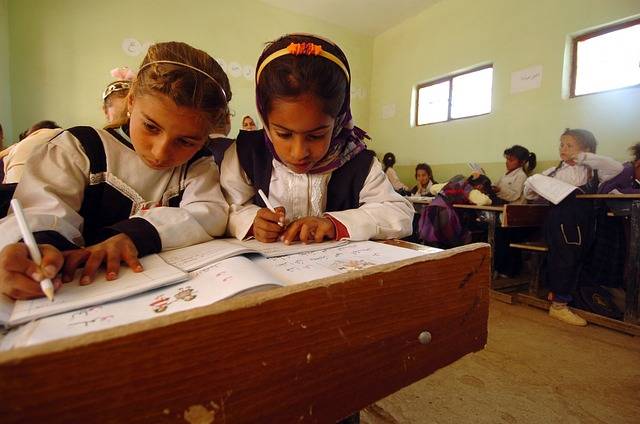Healthy growth is crucial for children, with diet, exercise, and mental health being three essential aspects. They are interconnected and collectively influence the physical and mental development of children.
1. Impact of Diet on Children
1. Providing necessary nutrients
Diet is the main way for children to obtain essential nutrients, including proteins, carbohydrates, fats, vitamins, minerals, and more. These nutrients are crucial for the normal physiological function and healthy growth of children.
A balanced diet ensures that children get all the necessary nutrients to support their growth and development.
2. Preventing chronic diseases
Unhealthy eating habits can increase the risk of children developing chronic diseases such as cardiovascular diseases, diabetes, obesity, etc.
A balanced diet, including adequate grains, vegetables, meats, dairy products, etc., helps prevent the occurrence of these diseases.
3. Maintaining a healthy weight
By controlling their diet and consuming an adequate but not excessive amount of calories, children can maintain a healthy weight.
Avoiding high-sugar, high-fat foods helps prevent obesity and other health issues.
2. Impact of Exercise on Children
1. Improving cardiovascular function
Regular moderate physical activity can improve children’s cardiovascular function, enhance the contraction force of the heart muscle, and increase the blood transport capacity.
This helps children have better endurance and physical fitness, providing a good foundation for daily life and learning.
2. Boosting immunity
Physical activity can stimulate the immune system’s activity, enhancing the body’s defense against viruses and bacteria.
This helps children prevent common illnesses like colds and flu.
3. Enhancing mental well-being
Exercise can help children release stress, improve mood, and boost self-confidence.
It also contributes to improving children’s sleep quality, allowing them to have better mental well-being and learning efficiency.
3. Impact of Mental Health on Children
1. Promoting physical health
Mental health is closely related to physical health. Prolonged negative emotions can lower immunity and increase the risk of illness.
Children with good mental health are more likely to maintain physical health and withstand diseases.
2. Enhancing quality of life
Children with good mental health can unleash their potential, improving learning and work efficiency.
They have stronger resilience to setbacks and adversity, making it easier for them to achieve success and respect.
3. Enhancing social adaptability
Children with good mental health show better adaptability and inclusiveness in interpersonal relationships.
They are willing to help others, better empathize with others’ emotions, and provide more understanding and support.
In conclusion, diet, exercise, and mental health have a profound impact on children’s healthy growth. Parents and educators should pay attention to these aspects of children, provide scientific dietary guidance, encourage moderate physical activity, and monitor children’s mental health status to promote their comprehensive development.


